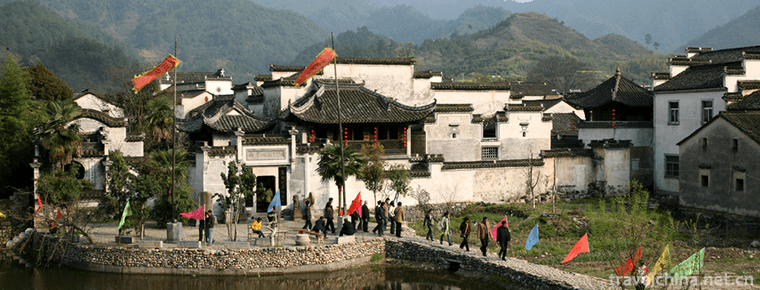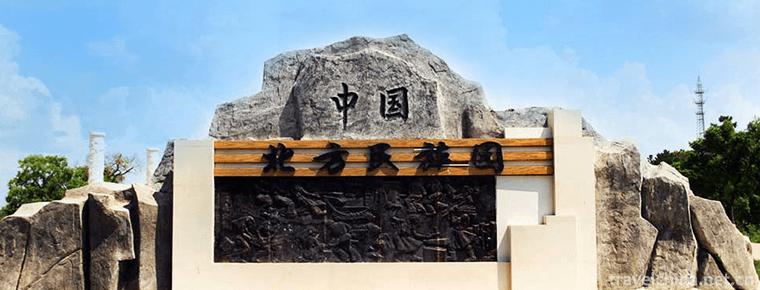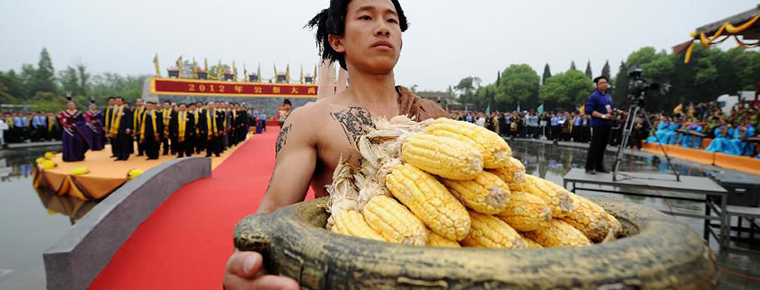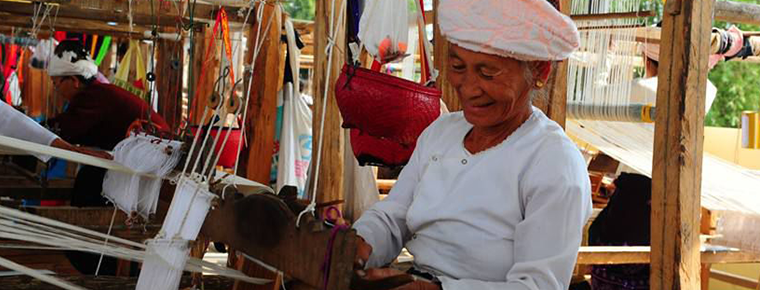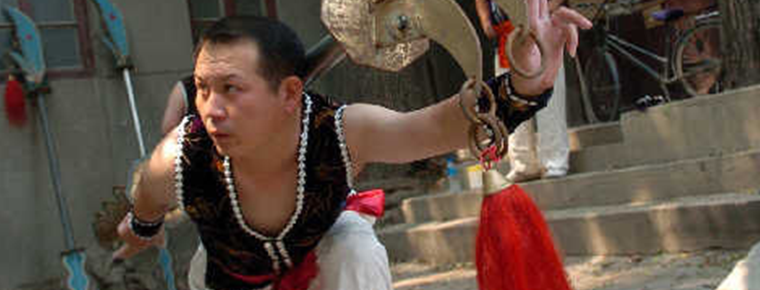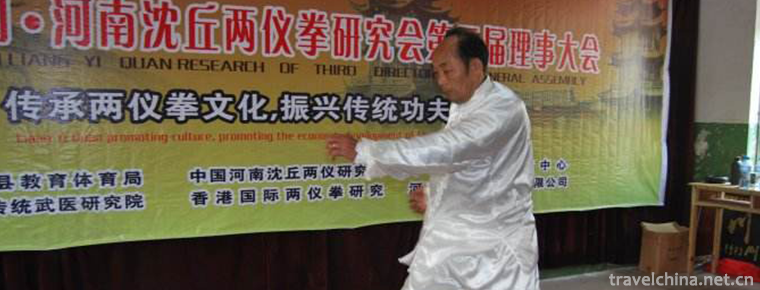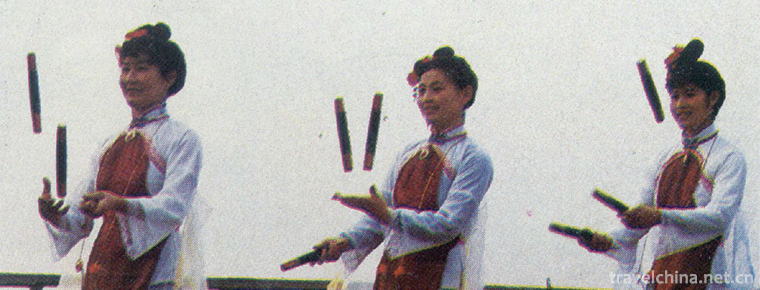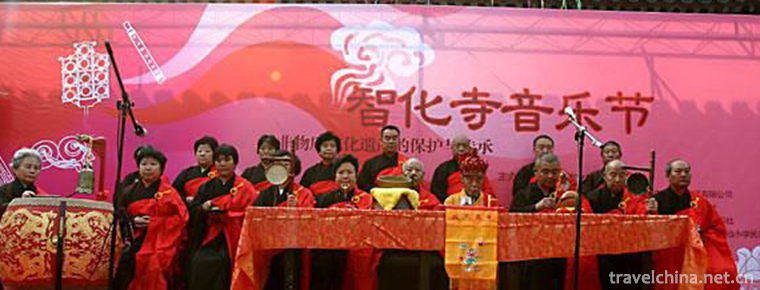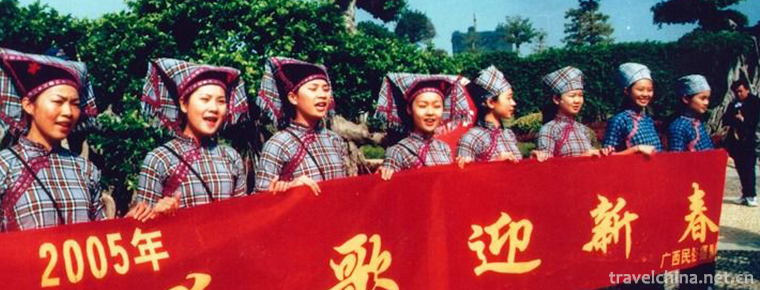Miao Jia Li
Miao Jia Li
Jiali, Miao is called "jaxlil". In the context of Miao language, "Jiali" is a synthesis of the semantics of "philosophy", "truth", "reason" and "jurisprudence" in Chinese. The concepts of Jia Jing, Jia Zheng, Jia Li, Jia Shi and Jia Yi not only illustrate the richness and variety of Jia Li's cultural content, but also reflect the extensive and profound cultural heritage of Miao nationality. It integrates ancient Miao literature, history, philosophy, law, linguistics, folklore, natural science, witchcraft and so on. It is the "encyclopedia", "Bible" and "code" of ancient Miao society. Jiali has the cultural characteristics of the integration of philosophy, religion, legal spirit and human ethics. Jiali is the most sacred spiritual and cultural code of Miao.
In June 2008, the Miao Jiali declared in Qiandongnan Miao and Dong Autonomous Prefecture of Guizhou Province was listed in the second batch of national intangible cultural heritage list with the approval of the State Council.
historical origin
Miao villagers in Taichen Village, Xingren Town, Danzhai County, Guizhou Province, gathered together to learn the traditional Miao culture "Jiali" in winter.
Jiali is called "encyclopedia" of ancient Miao society. It is a traditional culture imparted by the Miao people. It is the most important and representative intangible cultural heritage left by the Miao people's ancestors to future generations. It is a comprehensive integration of Miao literature, history, philosophy, law, folklore, natural science, witchcraft and linguistics. It gathers almost all the artistic techniques of Miao folk literature and is a wonderful flower in Miao folk literature and art. In 2007, the Miao oral classic "Jiali" was included in the second batch of national intangible cultural heritage list.
primary coverage
Jia Li
Jia Li, widely used in the Miao dialect area of Eastern Guizhou, is an ancient rule formed by the Miao people in the history to safeguard the stability and development of the Miao society by discussing (planting rocks) legislation, regulating the old people's judicature and enforcing the law by drum clubs.
Jiali, Miao is called "jaxlil". In the context of Miao language, "Jiali" is a synthesis of the semantics of "philosophy", "truth", "reason" and "jurisprudence" in Chinese. It can be said that Jia Li has the cultural characteristics of the unity of philosophy, religion, legal spirit and ethics. Jia Li is the most sacred spiritual and cultural code of Miao nationality.
Jiali Culture is a civilized complex of Jiali Code, Jiali Ritual and the whole social ecology of Jiali. When referring to Jiali culture, it often refers to the whole space of Jiali culture. The concepts of Jia Jing, Jia Zheng, Jia Li, Jia Shi and Jia Yi not only illustrate the richness and variety of Jia Li's cultural content, but also reflect the extensive and profound cultural heritage of Miao nationality. The Miao Jiali culture is mainly inherited in southeastern Guizhou, southern Guizhou and Northern Guangxi.
Jia Jing
Jia Jing - Jia Li's Sutra, which is acknowledged by Miao people in the cultural space of Jia Li, is handed down from generation to generation. Jia Jing includes all the classical texts of Jia, a traditional oral style, which were translated into Chinese in the past as Jia, Li Ci, Li Ci, and Gu Li Gu Ci. It also includes Li Ge, Yan Gu Jing, and the sacrificial classics used by divine judgement, which are similar to Jia's style, content and structure, although they are not called Jia. ". Artistically, Jia Jing generally pays attention to harmony in rhyme, neatness and antithesis, and does not talk about general reason, but consists of one or several Jia allusions. Jia Jing is an ancient classic mastered by elder Jia Li, a traditional cultural elite of Miao society, rather than an encyclopedia popular among ordinary Miao people.
Jia case
Jia Zheng - Jia Li's classic cases and examples. The Miao Jia case was called "Miao case" after it was approved by the Central Dynasty legal system in the Qing Dynasty. The Law of the Great Qing Dynasty stipulates that "all the disputes between Miao people and Miao people in Miaojiang area should be settled according to Miao cases, and no official law should be brought to justice". Jia Jing said, "Continuation is thousands of ancient principles, inheritance is thousands of ancient rules." It can be seen that Jia Li's allusions are passed down from generation to generation. In the past, when Jia Shi narrated a classical case of Jia Li, he often did this opening remark: "Jia Li has risen in ancient times, and Jia Li formed early in ancient times. Let's listen to a story and recite a story. The structure of a single and complete case consists of four parts: speech, allusion, warning and conclusion. This is also the most basic stylistic feature of Jiali's classics.
Inheritance significance
In the traditional Miao society, the Rong Society organizes legislation on the basis of Jiali , justice on the basis of Jiali, public affairs and law enforcement on the basis of Zhailao or Guzangtou, and sacrifices and prayers on the basis of Jiali by wizards. In the field of social management, the constitution of the Miao people in the form of Jiali has the Supreme authority.
The contents of Jiali vary from place to place, but they all start with the creation of heaven and earth, the transportation of gold and silver, the casting of the sun and moon, the shooting of the sun and the moon, the invitation of the sun and the moon, the laying of eggs, ghosts and human ancestors, and then with the method of fighting between the human ancestors and Leigong, resulting in floods inundating the land. After the flood subsided, brothers and sisters had no choice but to get married, and human beings were able to breed, followed by population pressure or ethnic disputes, and the great migration of Miao ancestors... Each branch has been relocated from place to place. These historical legends about the origin and destiny of the Miao nationality are not only the basis for ethnic identity, but also the basis for the generation and inheritance of Jiali.
"Jiali of Miao Nationality" remembers the history and culture of Miao Nationality and belongs to folk literature. Its connotation goes far beyond the category of folk literature. It is a classic masterpiece of oral ancient books. It is a comprehensive integration of ancient Miao literature, history, philosophy, law, linguistics, folklore, witchcraft and natural science. It is called "encyclopedia", "Bible" and "code" of ancient Miao society. It reflects the world outlook, ethics and values of the ancient Miao people.

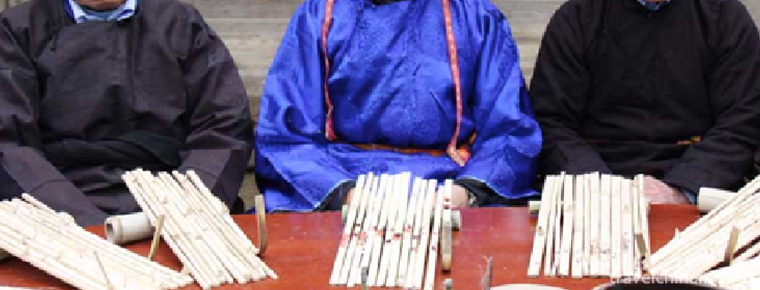
-
Jixi Longchuan Scenic Area
Jixi Longchuan Scenic Area in Xuancheng City, Anhui Province, is a national AAAAA-level Tourism Scenic Area officially approved by the State Tourism Administration.
Views: 142 Time 2018-12-08 -
North China National Park
The National Park in northern China covers 84 hectares. The scenic spot is a collection of ancient and modern culture of Suibin and the essence of northern nationalities..
Views: 357 Time 2018-12-22 -
Da Yu memorial ceremony
The Dayu Festival is an ancient Chinese traditional folk sacrificial activity. Dayuling is located in Huiji Mountain, southeast of Shaoxing City, Zhejiang Province. Dayu Mausoleum is the burial place .
Views: 94 Time 2019-04-23 -
Dai brocade weaving skills
Dai brocade weaving is one of the traditional handmade brocade weaving techniques in Xishuangbanna Dai Autonomous Prefecture, Yunnan Province, and one of the national intangible cultural heritage..
Views: 155 Time 2019-04-24 -
Hui Heavy Knife Wushu
Heavy knife is the original name of big knife. It is a traditional weapon around Beijing and Tianjin. It has a history of thousands of years in China. The original name of Jinmen.
Views: 168 Time 2019-05-04 -
Two instruments boxing
Liangyi Quan originated from Zhouyi, which said, "It's so easy to have Taiji. It's the birth of Liangyi". (Liangyi Quan) is also called Liangyi Point-through-Qishen Quan. Its name is formed .
Views: 166 Time 2019-05-13 -
Mongolian Chur
"Chuoer" is an ancient vertical wind instrument of Tuva people of Mongolian nationality in Xinjiang, which mainly distributes in Mongolian inhabited areas of Altay region. The Tuva people of.
Views: 86 Time 2019-06-03 -
Three stick drum
Sanwanggu is a kind of folk singing form widely spread in Youyang of Chongqing, Yongshun County of Longshan County in Western Hunan, Zhangjiajie and Wuyang, Tianmen and Enshi Prefecture in southwester.
Views: 299 Time 2019-06-12 -
Jihua Temple Music
The music of Zhihua Temple and Beijing originated from the music of court etiquette in Ming Dynasty. It is the only kind of music inherited from generation to generation in China's existing ancient mu.
Views: 177 Time 2019-08-03 -
Liao Song of the Zhuang Nationality
Liao Ge of Zhuang Nationality, folk literature of Pingguo County, Guangxi Zhuang Autonomous Region, is one of the national intangible cultural heritage..
Views: 140 Time 2019-08-16 -
Giant Sleeping Buddha
The giant Sleeping Buddha is located in Leshan City, Sichuan Province. In the periphery of Leshan Giant Buddha, there is a "giant Sleeping Buddha" with a total length of more than 4000 meters and composed of several mountains. .
Views: 154 Time 2020-10-15 -
Natural resources of Mianyang
In 2014, the annual precipitation of Mianyang City was 19.845 billion cubic meters, the surface water resources was 11.893 billion cubic meters, the total annual water resources was 11.882 billion cubic meters, and the annual average water resources per capita was.
Views: 125 Time 2020-12-14
